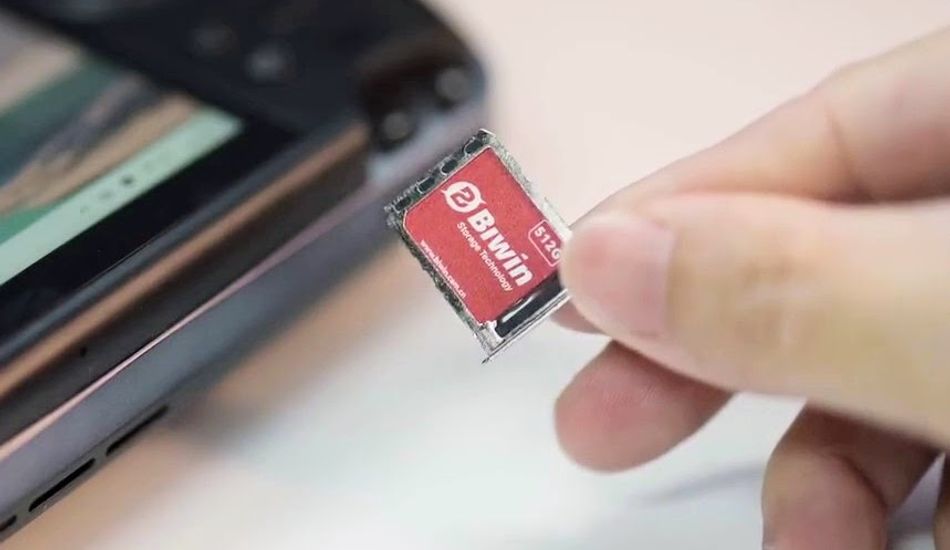
New Mini SSDs from China: Tiny Size, Huge Speed Potential
Okay, so microSD cards are handy because they're small. But let's be real, they're not exactly speed demons. On the other hand, those M.2 SSDs in your computer? Lightning fast, but bulky. Now, it seems like China might have just cracked the code with a new type of SSD that blends the best of both worlds.
This new SSD, dubbed "Mini SSD" by Biwin (or "1517" by another manufacturer), is incredibly tiny – we're talking 15mm x 17mm x 1.4mm. That's smaller than a U.S. penny! Despite its size, it boasts read speeds of up to 3,700MB/s, which is seriously impressive. They're aiming it at everything from laptops to phones, which is pretty ambitious.
To give you some context, those rumored MicroSD Express cards for the Nintendo Switch 2 are expected to max out at around 985MB/s. While a full-size SD Express card could technically be faster, it's significantly larger. What's particularly interesting is the way Biwin envisions these Mini SSDs being used. Apparently, they'll be inserted into a dedicated slot, much like a SIM card in your phone. The company also claims IP68 water and dust resistance, which could be a huge plus for phones.
What really caught my eye is that two upcoming gaming portables from China – the GPD Win 5 and the OneNetbook OneXPlayer Super X – are already planning to use these Mini SSDs. Both of these devices are pretty powerful, so it's a good sign that they're embracing this new storage technology. I'm curious to see how these perform in real-world use, especially when gaming. It's also not clear if this is a proprietary standard or something other manufacturers can easily adopt.
While pricing and availability remain a mystery, I am excited to see if this Mini SSD becomes widespread. If it does, it could be a game-changer for mobile devices, offering a significant boost in storage speed without sacrificing portability. It's all about finding the sweet spot between size, speed, and capacity, and this Mini SSD seems to be hitting the mark.
Source: The Verge